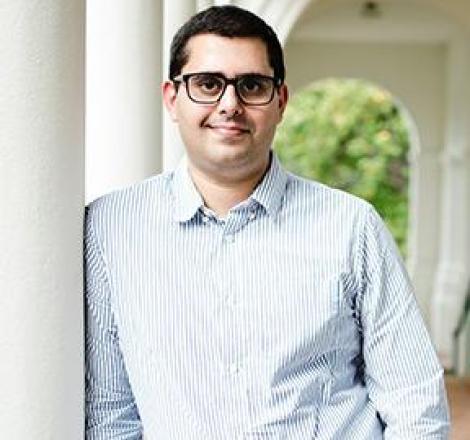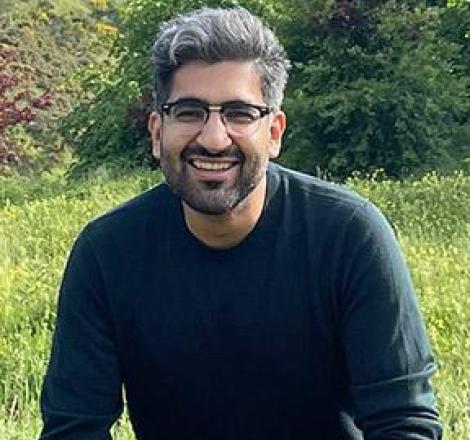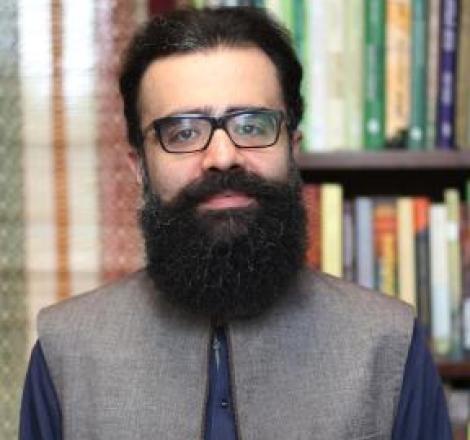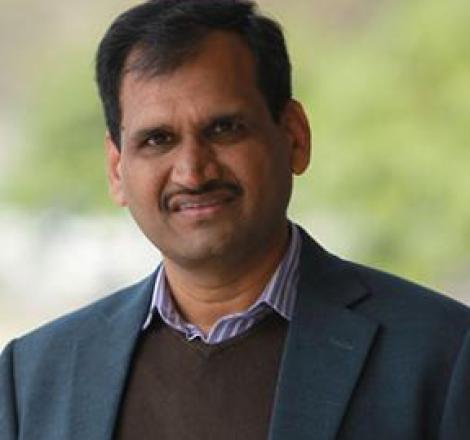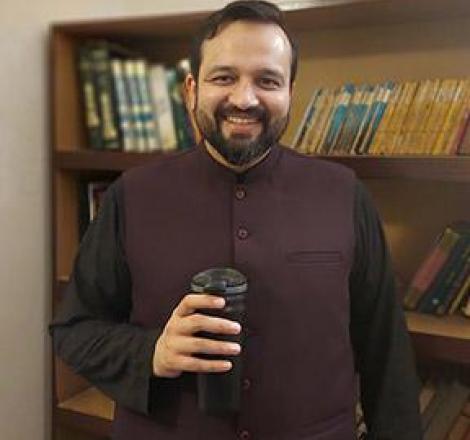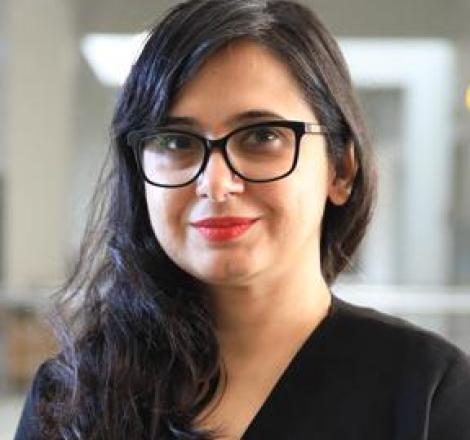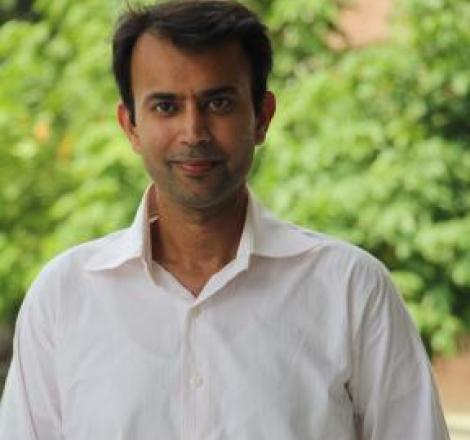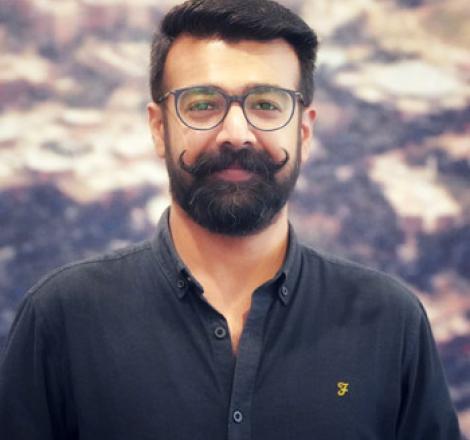University Council
This elected council meets two or three times a semester and is comprised of deans, representatives from administration, staff, faculty, and students. The group continues to serve as a tangible representation of the University’s goals towards stronger, shared governance.
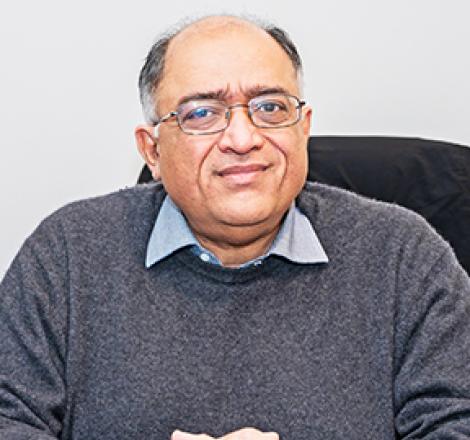
Dr. Ali Cheema serves as an Associate Professor of Economics and Politics at the Mushtaq Ahmad Gurmani School of Humanities and Social Sciences and is also the Director of the Mahbub Ul Haq Research Centre at LUMS. He joined LUMS in 1999 and served as the Chair of the Economics Department from 2004 to 2010.
He is a co-founder of the Centre for Economic Research in Pakistan (CERP), a Senior Research Fellow at IDEAS Pakistan, a co-lead academic of the International Growth Centre’s Pakistan programme, an Invited Researcher at Abdul Latif Jameel Poverty Action Lab (J-PAL) at MIT, and a member of Evidence in Governance and Politics (EGAP).
Dr. Cheema has served as a member of the Board of Trustees of the Institute of Development Studies, Sussex, and was a founding member of the Stockholm Challenge Award-winning portal, Relief Information System for Earthquakes, Pakistan (RISEPAK). He has also served on high-level provincial and federal government task forces and commissions, including the National and Punjab's Provincial Finance Commissions. Alongside, he is also a serving director of the Kashf Foundation and the State Bank of Pakistan.
Dr. Cheema's remarkable achievements will take LUMS further in its global vision for excellence.

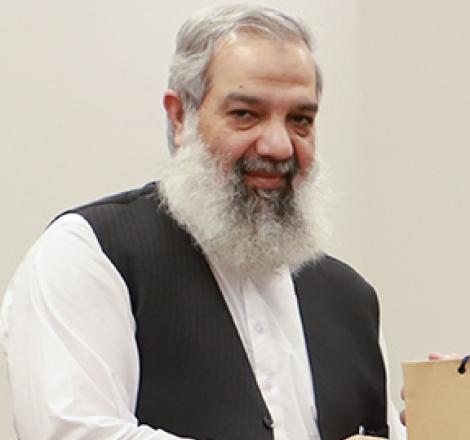

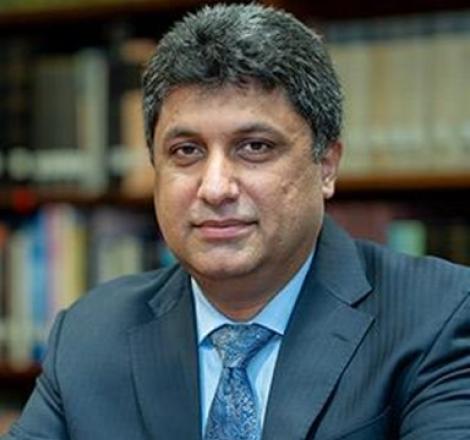
Dr. Zaffar received his PhD in Information Technology from the University of North Carolina at Charlotte (UNCC) in 2010. Prior to joining LUMS as an Assistant Professor and Programme Coordinator for Management Science, he was a Visiting Lecturer in Information Technology Management in the Sheldon B. Lubar School of Business at the University of Wisconsin-Milwaukee (UWM) and an Associate member of the Graduate faculty in the Belk College of Business at UNCC. He has six years of teaching experience in the US in the areas of Information Systems and Operations Management at the undergraduate and graduate levels. His research interests include the development of decision support systems, technology and innovation diffusion; social networks and their impact on IS strategy and IS diffusion; agent-based computational economics, IS pedagogical issues and network location models in the context of disaster response and recovery systems. His research has appeared in several notable journals and conferences such as IEEE Transactions on Engineering Management, Decision Support Systems, Simulation Modeling Practice and Theory, Journal of Visual Communication and Image Representation, International Conference on Information Systems (ICIS), Annual Conference of the Institute for Operations Research and the Management Sciences (INFORMS), International Conference on Marketing, Workshop on E-Business and Workshop on Information Technology Systems.

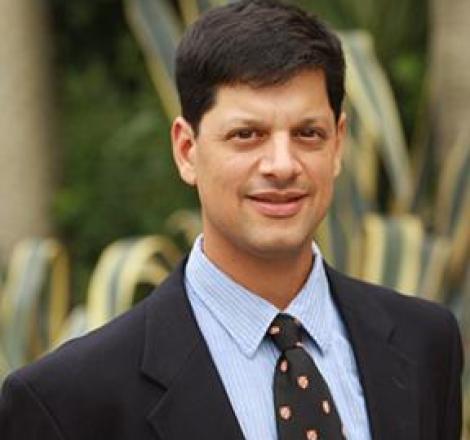
Dr. Khan is Associate Professor of Anthropology and Bilquis Dawood Chair and Dean at the Mushtaq Ahmad Gurmani School of Humanities and Social Sciences at LUMS.

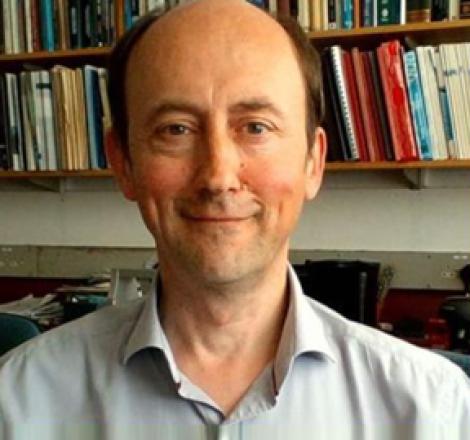

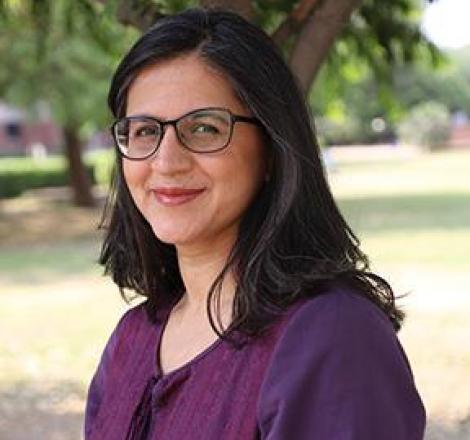
Dr. Aziz is one of the School’s founding members. She studied law at the University of British Columbia and gained her doctorate from the University of Melbourne Law School. She is an interdisciplinary scholar who has authored major works in constitutional law and history and has taught in the areas of jurisprudence, labour law and constitutional law.

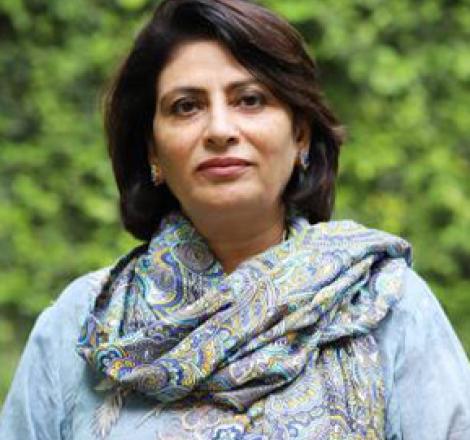
Dr. Tayyaba Tamim is currently Associate Professor and Director Academics at the School of Education, Lahore University of Management Sciences. She is also the faculty lead for Pedagogical Partnership Programme at the LUMS Learning Institute. Dr. Tamim has her PhD from the University of Cambridge as a fully funded RECOUP scholar and MPhil RSLE (Research in Second Language Education Across Cultures) from Cambridge, UK as a British Council Chevenning scholar. In addition, she also has an MA ELT from Kinnaird College for Women University and MA English from the University of Punjab, Pakistan. Dr Tamim has led several funded research projects with national and international partners, including those with USAID, British council and the World Bank. She has also published and presented research papers at a number of national and international forums. Her work covers issues of social justice, equity and inclusivity in education with specific reference to languages in education, language policy, gender and caste. At LUMS she teaches Education for Social Justice; Inclusive Education and Interdisciplinary Theoretical Perspectives to Education at graduate and undergraduate level. She is also a resource person for HEC and PHEC, offering in-service and pre-service training to university/ college faculty.

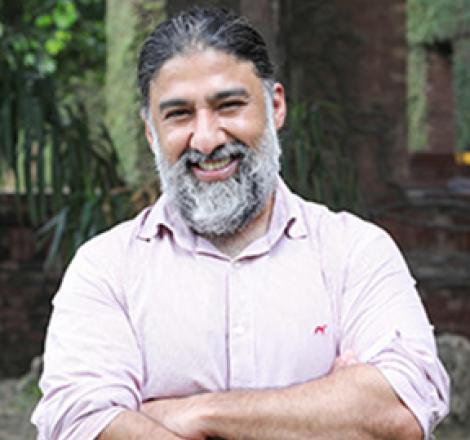
Adnan Zahid graduated with a PhD in Marketing from the CASS Business School, City University, UK, in 2010. He is currently an Assistant Professor at the Suleman Dawood School of Business, LUMS. His research focuses on exploring consumption through a socio-cultural lens. He is interested in issues of status consumption, acculturation, gender, religion and consumer culture.
Dr. Zahid completed his MBA at LUMS, an MSc at Oxford University, and a PhD from City, University of London. Having served as the Director of Undergraduate Studies at SDSB, he recently returned to LUMS after working as the Director of the Namal Institute in Mianwali.

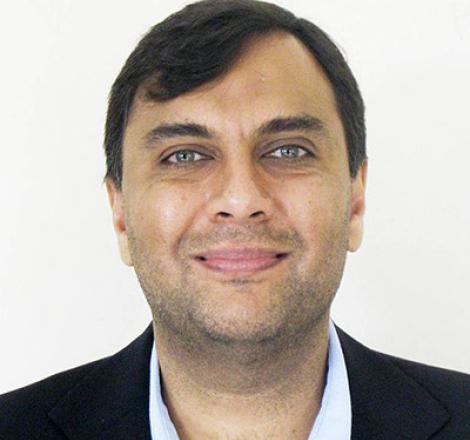
Mr. Kheiri has permanently assumed the role of Director Human Resources (HR), for which he had been serving as Interim Director over the last two years. Faisal has overseen Information Systems and Technology at LUMS for over ten years and has worked in the higher education sector for 20 years. He holds a Bachelor’s degree in Cultural Anthropology and a Master’s in Computer Science.
Under Mr. Kheiri’s interim leadership, Human Resources has taken on difficult but important tasks of reviewing faculty and staff salaries, streamlining and automating HR operations, and developing a framework for organisational structure, career progression, compensation and rewards. Mr. Kheiri will also continue to oversee IT services at the University.

